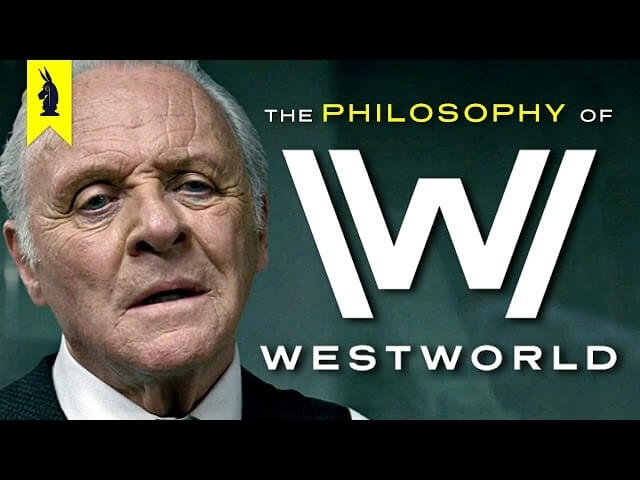The philosophy of Westworld isn’t just about robot rights

Like most great science fiction, one of the more enjoyable aspects of HBO’s hit Westworld is how it manages to layer heady philosophical debates into its juicy human/robot thrills. For every shootout or step deeper into the mysterious maze, there’s a chance to reflect on the nature of consciusness, or whether androids dream of electric sheep, or any one of a dozen other fun “Intro To Philosophy”-style questions. But while the query of whether the park’s hosts should be thought of as sentient is one of the most obvious issues, there are some fundamental philosophical themes even more central to the show, and are explored in this new video from Wisecrack, “The Philosophy Of Westworld.”

 Keep scrolling for more great stories from The A.V. Club.
Keep scrolling for more great stories from The A.V. Club.